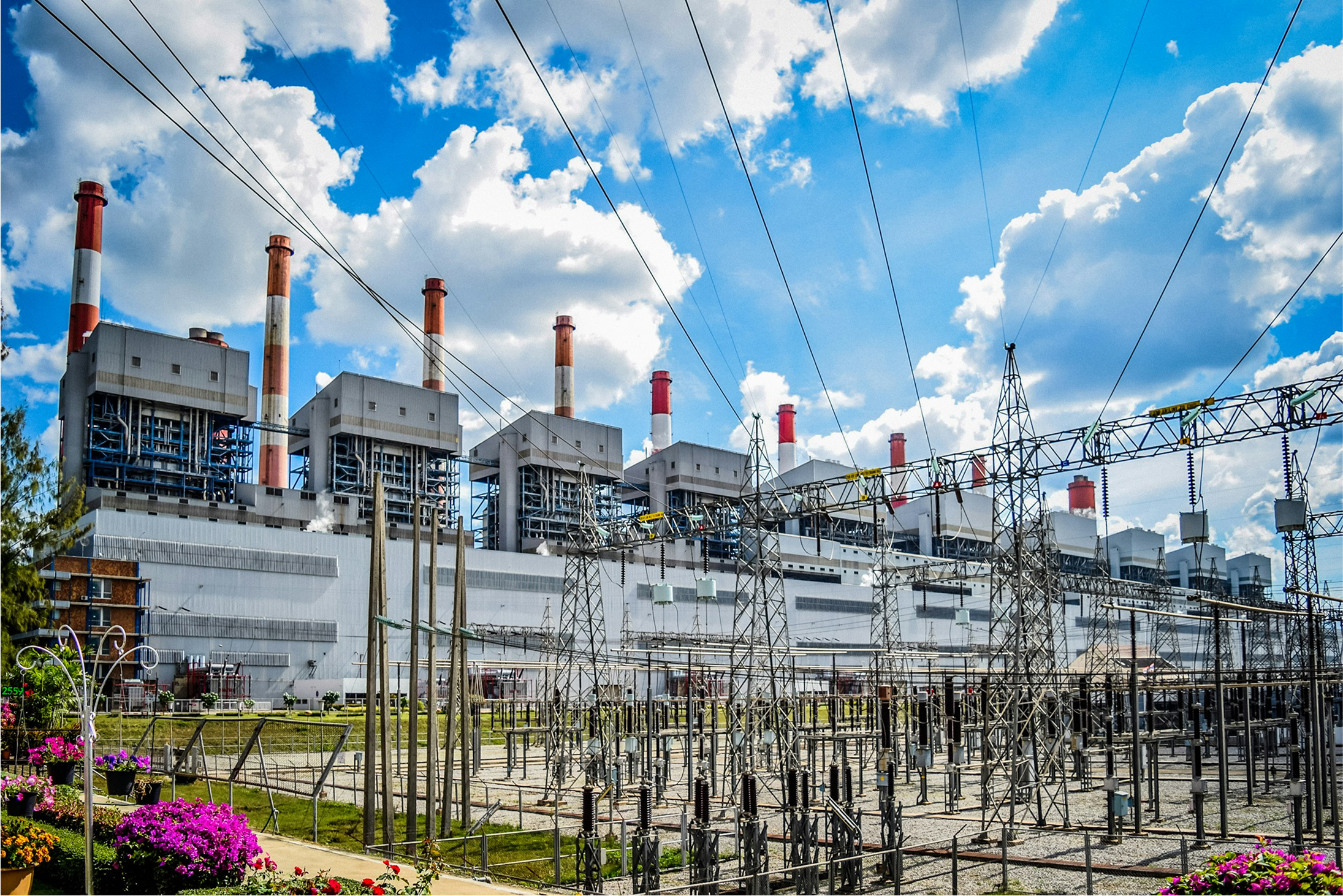*Photo Source: NASA
This year’s COP 29 summit in Baku lacked, from the beginning, the sunny optimism associated with Glasgow’s COP 26. There in 2021, Mark Carney led the GFANZ climate investment initiative, and attendees got the sense that real money was ready to flow into building a new energy economy.
Of course, the wheels eventually came off that GFANZ bus. Today, we see the evidence of a climate pressing on the 1.5 degree average global temperature increase boundary associated with the 2015 Paris agreement. The images of Hurricane Helene in North Carolina, and DANA in Valencia are seared in our consciousness. Climate scientists gathered earlier in the year to note with alarm that we are tracking to blow past the Paris boundary and trigger tipping points as we go:
“We are stepping into a critical and unpredictable new phase of the climate crisis,” the scientists warn. They emphasize that current policies have placed Earth track for approximately 2.7 degrees Celsius of warming by 2100, far exceeding the internationally agreed limit of 1.5°C.
“We’re already in the midst of abrupt climate upheaval, which jeopardizes life on Earth like nothing humans have ever seen,” added William Ripple. “For example, Hurricane Helene caused more than 200 deaths in the southeastern United States and massive flooding in a North Carolina mountain area thought to be a safe haven from climate change.”
Against this backdrop, early on in this COP, we received the news that the host of Baku’s COP was willing to use the summit as the scene for arranging fossil-fuel deals. https://www.reuters.com/business/environment/cop29-host-azerbaijan-promoted-fossil-fuel-deals-ahead-climate-summit-ngo-says-2024-11-08/
We also learned how well the fossil industry lobby was represented among the attendees of COP 29.
At least 1,773 fossil fuel lobbyists have been granted access to the COP29 summit in Baku, underscoring an outsized polluter presence year after year at crucial climate talks, according to a new analysis from the Kick Big Polluters Out (KBPO) coalition.
There is an invitation in this to adopt the cynicism represented in this cross-section of images gleaned from the site formerly known as twitter:



Given the backdrop of a catastrophic trend, and the anarchic relationship between nations, gathering the parties on a regular schedule to discuss what can be done about the climate crisis doesn’t seem crazy. But expecting different results, after 29 tries is something else again.
Maybe, at this juncture, leadership needs to come from the heads of businesses that can command both the capital and the talent required to take action at scale on an issue that is inseparable from the future fate of the companies they command.
It does seem there is some progress on this front.
The IEA predicts that fossil energy use will peak in 2030, and be replaced by renewable energy:
PEAK OIL DEMAND
In its scenario based on current government policies, global oil demand peaks before 2030 at just less than 102 million barrels/day (mb/d), and then falls back to 2023 levels of 99 mb/d by 2035, largely because of lower demand from the transport sector as electric vehicle use increases.

The cost to power the economy with renewable energy continues to decline as technology advances (particularly in storage) and as renewables manufacturing capacity expands.
We’re in the middle of another industrial revolution. COP didn’t create it. But neither can COP stop it – no matter how disappointing the specific commitments and resolutions negotiated in Baku. COP out. Onward.




